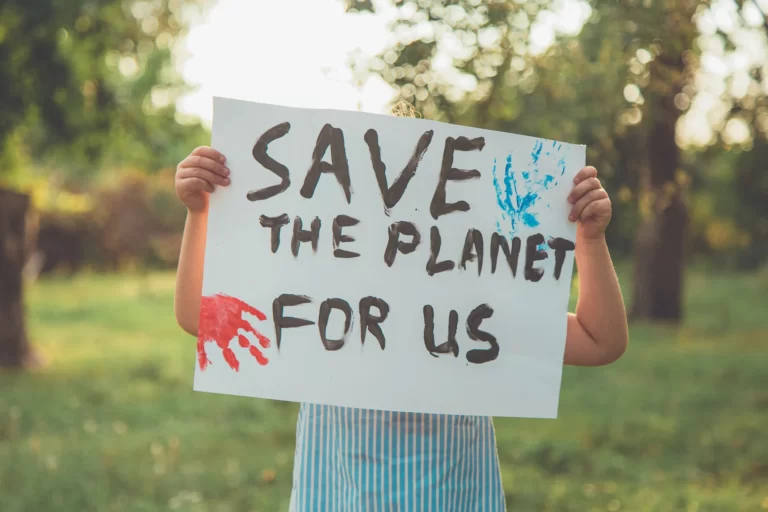The issue of climate change and the mental state of children and students has become a very relevant topic and has received attention from various sources. The impact of climate change on the mental health of children and students shows that climate change can affect the mental health of children and students in significant ways. These impacts can be anxiety, sleep disorders, PTSD, impaired cognitive development, and major depression. Adolescents are more vulnerable to the mental health effects of natural disasters related to climate change, such as trauma and anxiety.
Additionally, climate change can increase the risk of anxiety, depression, bipolar disorder, aggression, cognitive impairment, and more. Natural disasters can cause post-traumatic stress disorder (PTSD) in children and adolescents. Long-term problems such as extreme heat, drought, and poor air quality can also worsen mental conditions.
With climate change in mind, Indonesia’s adolescents face significant mental health challenges, including anxiety, depression, and substance abuse. Climate change can also affect the mental health of adolescents indirectly through changes in social and cultural norms as well as a decrease in the quality of education and health services.
In reducing the impact of climate change on adolescent mental health, the education system can play an active role by designing a safer environment and integrating climate change materials into the curriculum. Health professionals can also conduct early and regular screening to detect any climate-related disturbances among young people.
Additionally, it is important for governments and non-governmental organizations to raise awareness about the link between climate change and mental health, as well as provide the necessary resources and support for affected adolescents.
Tailor-made intervention programs can assist adolescents in developing effective adaptation strategies and coping mechanisms to cope with the stress and uncertainty posed by climate change.
Furthermore, cooperation between various sectors, such as education, health, and the environment, is needed to ensure a comprehensive approach in addressing these issues. Thus, adolescents can be better prepared to face the challenges of climate change and keep their mental health in a stable condition.
Thus, with the impacts of climate change expected to worsen, there is a clear need for a proactive approach to improve mental health delivery and build resilience in healthcare systems. Projects must ensure that they promote mental health before, during, and after exposure to climate-related hazards.
To achieve this goal, sustained efforts are needed to improve understanding of the relationship between climate change and mental health, as well as to develop effective strategies to address the challenges faced. This includes increased access to mental health services, both through physical health facilities and through digital platforms that can reach adolescents wherever they are. In addition, it is important to involve the community and family in the recovery and prevention process, as social support is an important factor in maintaining good mental health.


